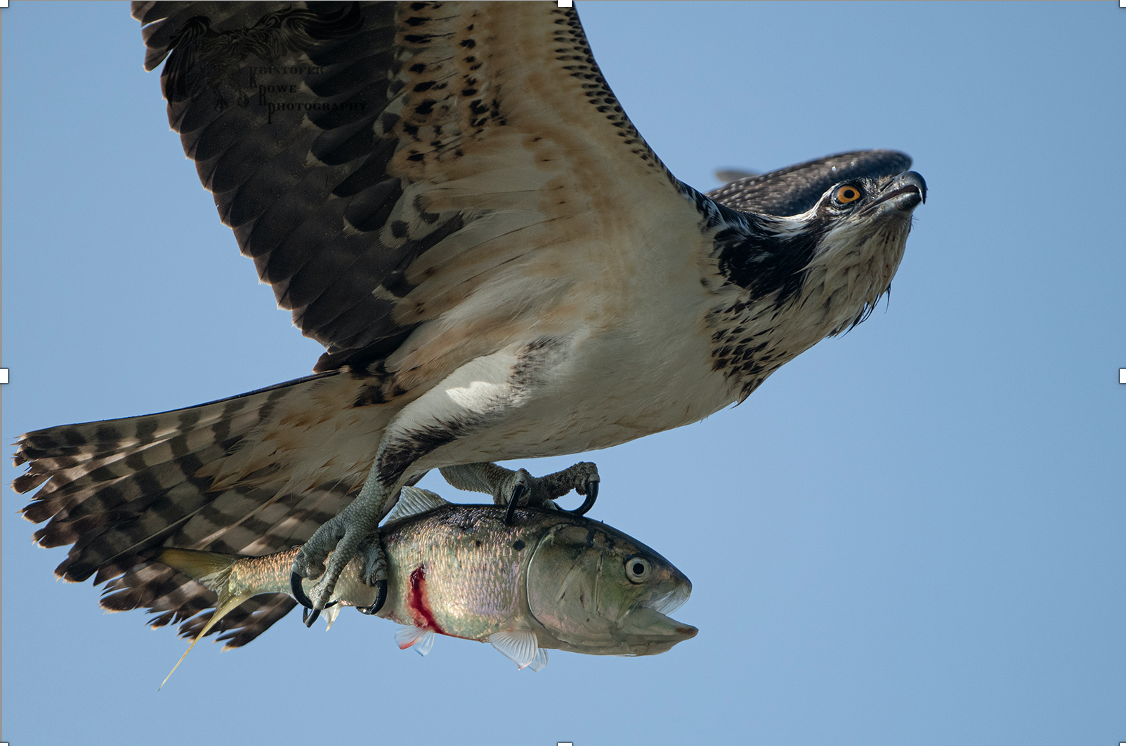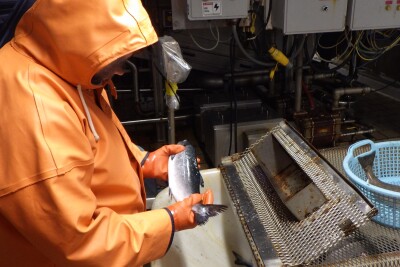On Aug. 5, 2020, at their meeting in Arlington, Va., the Atlantic States Marine Fisheries Commission demonstrated bold, decisive leadership in implementing ecological reference points to manage Atlantic menhaden. ERPs are numeric benchmarks used by managers to promote not only the sustainable harvest of menhaden but also broader ecosystem needs, such as supporting key predators.
The recommended catches of menhaden are necessarily lower under ERPs than they would have been without them. With more than 100 years of fishery science experience among us, we believe the commission’s decision represents a sea change in how we manage marine fishes. Although not on restaurant menus, nor a target of anglers, menhaden support important fisheries that use them as bait for lobster and crab; as fish meal to feed salmon, poultry, and other livestock; and in the production of omega-3 fish oil supplements. But menhaden is a key forage species, important in the diets of high-profile fishes that we do eat (and love to catch), for example, bluefin tuna, striped bass, and bluefish.
Given that these predators and other prized fish are in decline along the U.S. Atlantic coast, the decision to balance the needs of commercial menhaden fishing with fisheries that target their predators — and the larger ocean ecosystem — comes at a critical time. The commission’s progressive action was made possible by substantial and ongoing federal, state and academic scientific investments into the creation of ecosystem models, including one that we spearheaded.
These state-of-the-art models, built specifically for our region of the Atlantic Ocean, forecast how different levels of menhaden fishing might affect not only menhaden harvests but also the abundance of key predator species, particularly striped bass.
By shifting from a traditional approach that considers one single species at a time to an ecosystem approach that accounts for Atlantic menhaden and its predators, the commission demonstrated its commitment to sustaining the nation’s marine resources. The action will benefit commercial and recreational fisheries and other coastal businesses while providing adequate forage to support resilient, productive ecosystems.
The commission demonstrated that ecosystem-based fisheries management can be implemented. The decades-long dialogue on menhaden among fishery managers, scientists, industry, and the public created a spirit of trust and understanding about their roles and responsibilities.
The adoption of menhaden ecological reference points resulted from a transparent and balanced approach that was informed by science and consistent investments in objective, peer-reviewed research. This bold step forward serves as a prime example of ecosystem-based management for other fisheries to strategically plan and implement.
Thomas Miller, University of Maryland, Solomons
Andre Buchheister, Humboldt State University, Arcata, Calif.
Edward Houde University of Maryland, Solomons
David Chagaris, University of Florida, Cedar Key







